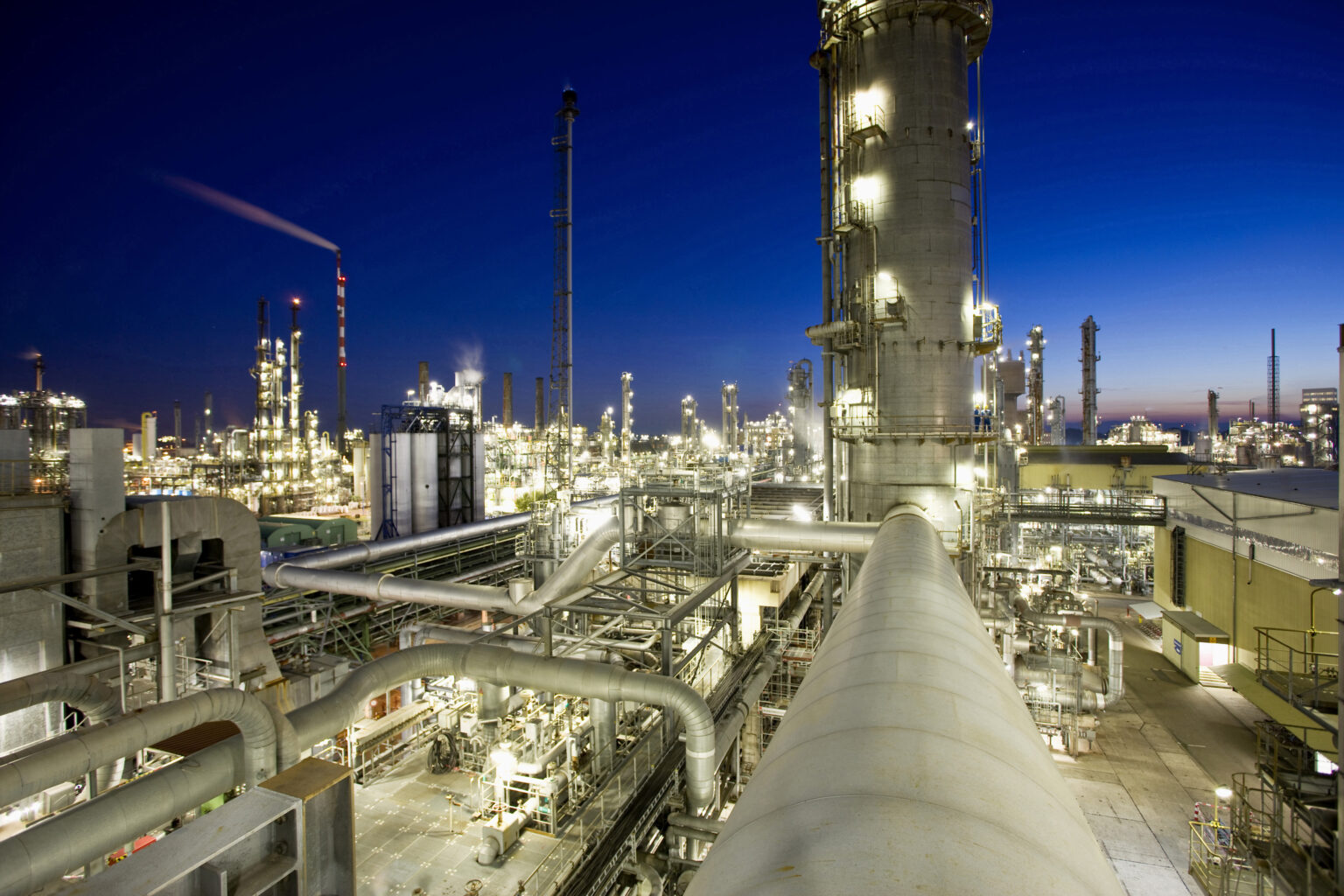Germany is de-industrializing on energy costs


Eine Fläche von rund 64,000 Quadratmetern – das entspricht 13 Fußballfeldern – umfasst der Steamcracker II, die größte einzelne Anlage am Standort Ludwigs¬hafen der BASF. Der Cracker is auch das “Herzstück” der Verbundproduktion. Seit 1981 ist dieser Gigant in Betrieb und spaltet unter Zusatz von Wasserdampf bei etwa 850 Grad Celsius Rohbenzin auf. Dabei entstehen im wesentlichen Ethylen und Propylen, beides unverzichtbare Grundstoffe für die Herstellung vieler Produkte in Ludwigshafen.
German industrial companies are struggling to cope with the surge in energy costs, so much so that many companies are considering leaving and relocating to places where energy is cheaper (so not in Italy …), according to Bloomberg , which cites category sources.
“ Energy inflation is far more dramatic here than elsewhere ,” said Ralf Stoffels, chief executive of BIW Isolierstoffe, a supplier of silicon parts to a number of industries. “ I fear a gradual de-industrialization of the German economy “.
Energy prices in Europe's largest economy and the EU's power plant hit a record early in the week, with a price per MWh on an annual basis reaching € 530.50, or $ 534.45. the.
" The longer these price increases continue, the more they will be felt throughout the economy ," Daniel Kral, senior economist at Oxford Economics, told Bloomberg. " The magnitude of the increase and the extent of the crisis are comparable to nothing in recent decades ".
The struggle is real for all industrial users, and for some it has become too much. For example, two aluminum smelters in Europe have been forced to close their operations due to excessive energy prices: one in Slovakia and one in the Netherlands.
German companies have also warned that some of them may be forced to close if prices remain high or continue to rise. In fact, earlier this year, the country's Economy Minister himself warned that some industrial gas consumers could become victims of the energy crisis.
" Companies could shut down production, lay off workers, supply chains would collapse, people would go into debt to pay their heating bills and become poorer ," Robert Habeck told German media in June, commenting on the reduction in energy flows. Russian gas to Germany.
German companies have rushed to stock up on LNG to replenish storage ahead of winter, but this will not be enough to protect Germany from the energy crisis. Furthermore, it will have no effect on price developments, since the cost of LNG was much higher than the normal cost of supply via pipeline. The strategic advantage of the German industry is gone …

Thanks to our Telegram channel you can stay updated on the publication of new articles of Economic Scenarios.
The article Germany is deindustrializing for energy costs comes from ScenariEconomici.it .
This is a machine translation of a post published on Scenari Economici at the URL https://scenarieconomici.it/la-germania-si-sta-deindustrializzando-per-i-costi-energetici/ on Sat, 20 Aug 2022 07:00:07 +0000.
